Here’s how to turn around the service culture at American Airlines.
The best-performing airlines in the U.S. have been the ones following a premium strategy: Delta and United. Low cost carriers have been struggling. Their costs aren’t so low anymore, with pandemic shifts in wages. And consumers have been looking to buy more differentiated products.
American Airlines lagged the industry financially before the pandemic, and they struggle today. They have high costs and lower revenue. And they’re saddled with debt that comes from borrowing money to fund share buybacks under predecessor CEO Doug Parker.
Even their credit card – the lifeblood of profits for the airline – has slipped to third place in charge volume, when it used to lead the industry.
CEO Robert Isom has announced to employees a planned pivot to premium. I’ve gone into great detail over what they need to do to accomplish this and why it’s unlikely without bringing in executives from outside the company to drive it.
Live and Let’s Fly thinks one of the five most important things is “Flight Attendants Who Actually Care” and while it’s true that employees need to be motivated to deliver outstanding service (and Delta cabin crew overall deliver better customer service today), what’s important to understand is why American Airlines fails here. It’s not the fault of the front line.
I haven’t shared about my latest AA flight yet, but the service was so comically bad, not in a hostile way, but just in the laidback and unprofessional attitude of the flight attendants.
While AA has some amazing, wonderful flight attendants, it also has many who are just going through the motions. It shows! People notice.
Why are we so willing to accept that service on East Asian carriers will always be better? Certainly you’ve had a flight on US carrier where the service was outstanding…that must be replicated and I refuse to accept that there is no room for improvement or that the service culture is too ingrained.
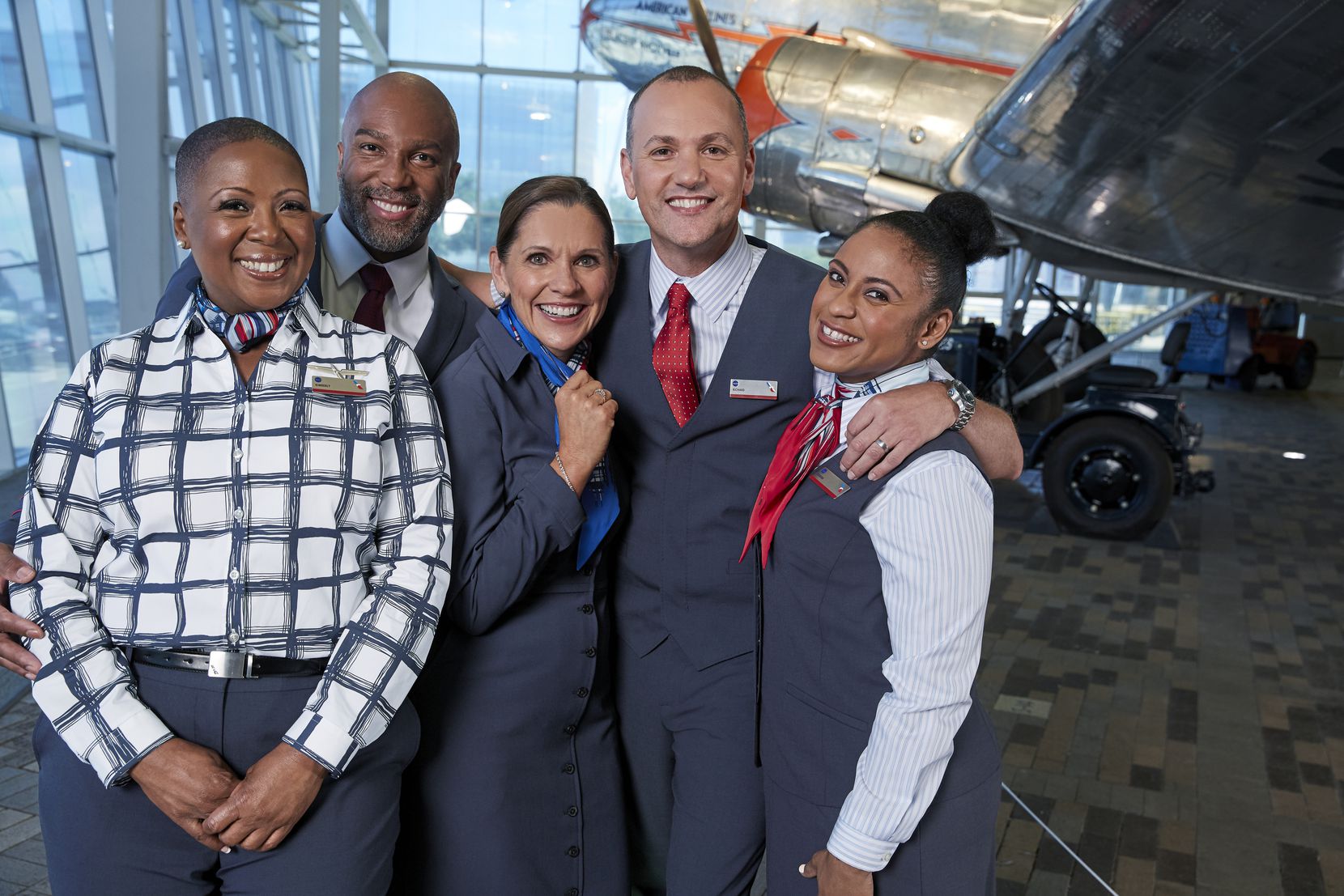
Always and everywhere poor service delivery is because of management not because of flight attendants.
- Frontline needs the tools and they need a product they can be proud of. When flight attendants are given $8 wines to serve to customers on $6,000 tickets, and do so in plastic cups what message does that send?
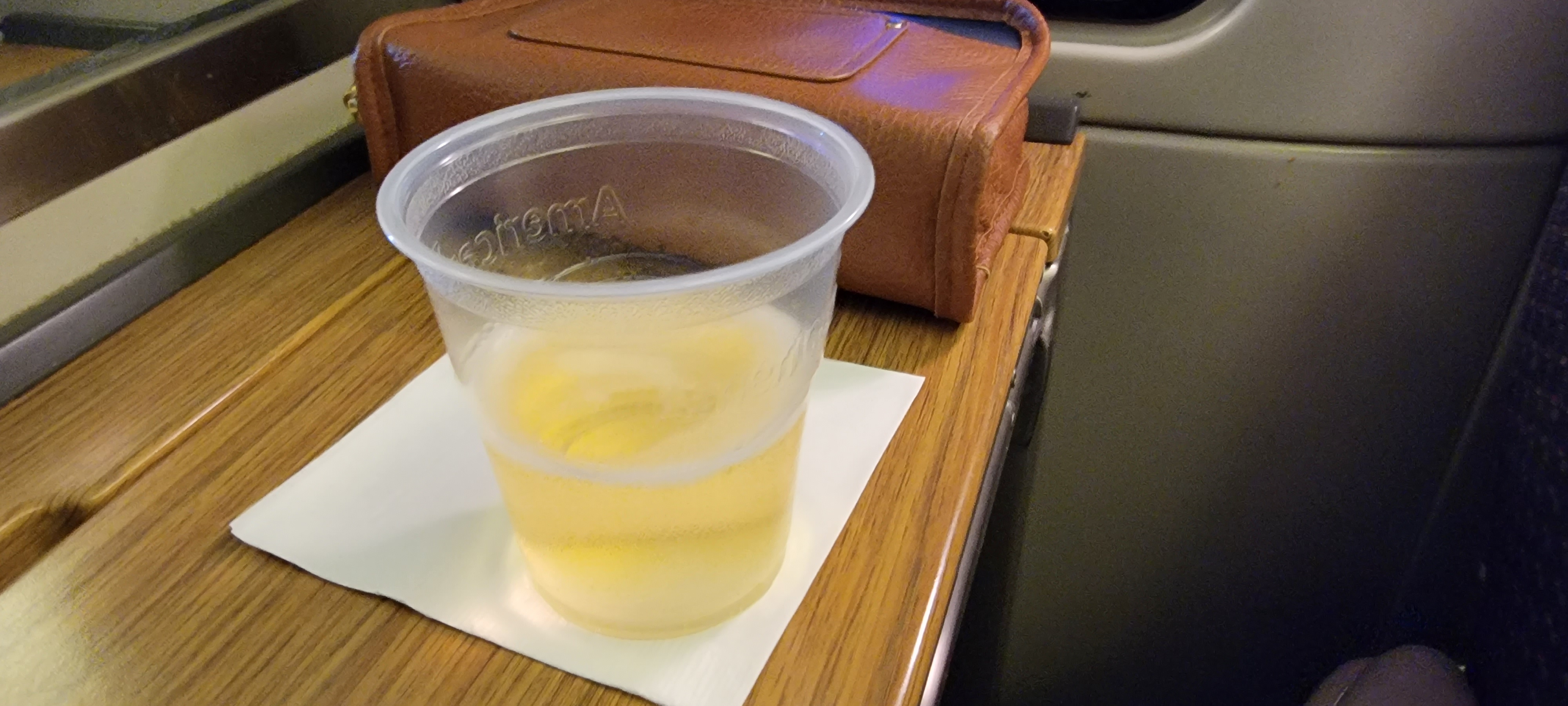
Back when there were still closets on planes, management took away tags for flight attendants to write down seat numbers in order to track whose jackets were whose. Flight attendants still tried to get the service done, even without the tools. But what message does it send over time about prioritizing delivering service to premium customers?
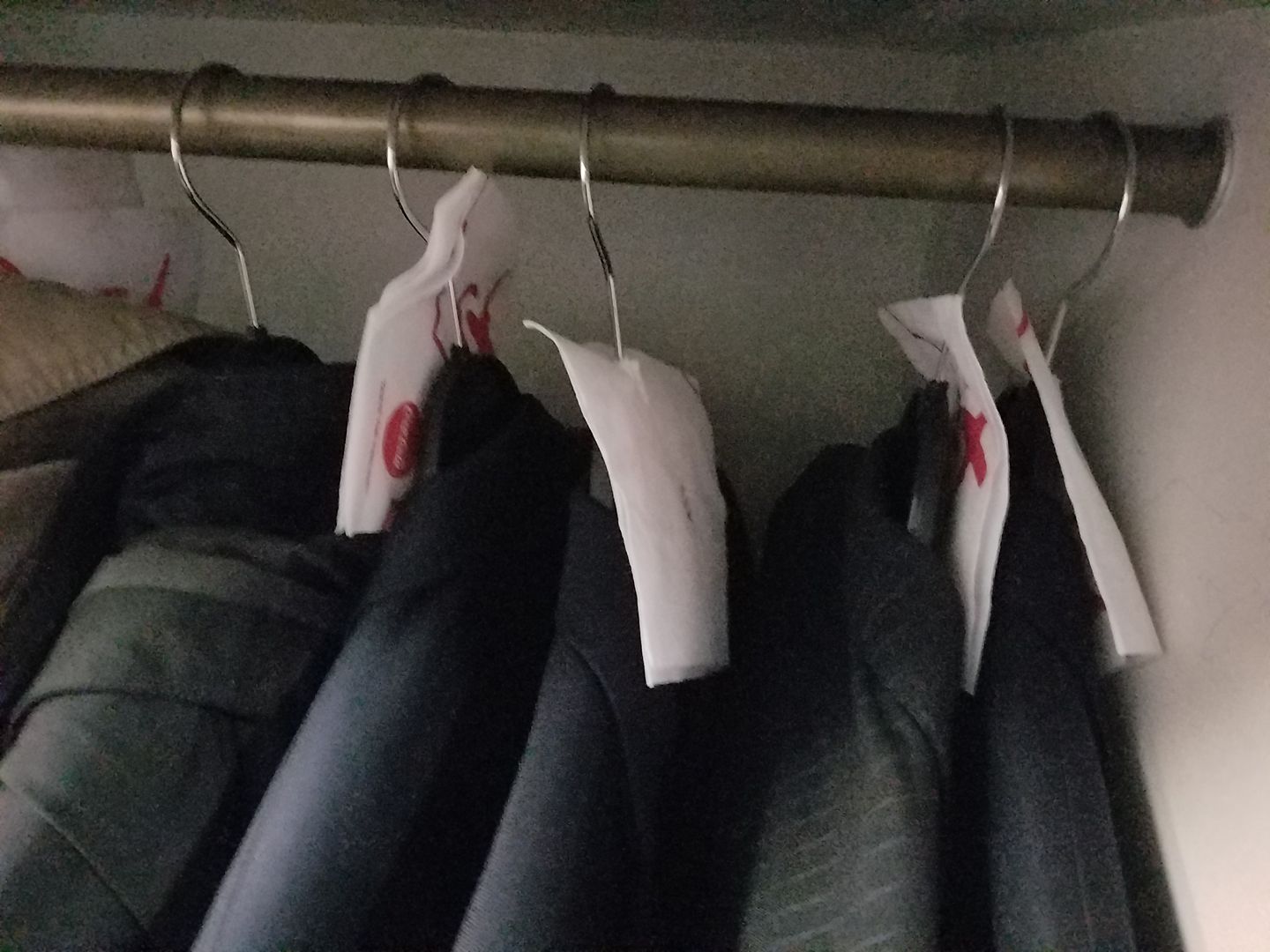
Or when American told flight attendants working international first class that they no longer needed to bother setting the table for meal service?

- The message to deliver Spirit-style service comes from the top. For years, Robert Isom spoke about the need to focus their competition on Spirit and Frontier and flight attendants became confused about what kind of product they were even supposed to deliver?
[T]oday there is a real drive within the industry and with the traveling public to want to have really at the end of the day low cost seats. And we’ve got to be cognizant of what’s out there in the marketplace and what people want to pay.
The fastest growing airlines in the United States Spirit and Frontier. Most profitable airlines in the United States Spirit. We have to be cognizant of the marketplace and that real estate that’s how we make our money.
We don’t want to make decisions that ultimately put us at a disadvantage, we’d never do that.
- Some flight attendants provide amazing service despite management. There are flight attendants who never sit down. They engage customers, check on them, proactively offer more drinks, just fantastic. They’re motivated by an intrinsic desire to do a great job. It would seem to me to be so discouraging to go to work and not leave your heart out on the field every day. But at the same time those are the outliers.
There’s little appreciation shown by management for this. In fact, a flight attendant who calls for catering when international first class is about to go out without flatware is going to get yelled at for potentially risking a moment’s departure delay. Flight attendants aren’t rewarded for taking great care of customers, and there’s little risk in not doing so.
And when you watch your colleagues do the bare minimum each day, there’s no consequence and they’re rewarded just as much as you are? That’s demoralizing. And that’s at the feet of management.
- If there are ‘bad apples’ that’s because of management. You aren’t going to find 17,000 self-starters, and in any case it’s American Airlines management that is doing the people selection! The airline used to say it’s tougher getting into flight attendant training than getting into Harvard. If they have the wrong people, whose fault is that?

The way you begin to turn this around is to get the message out, in person and in a credible way, that the company is on the line. Things need to be different, and will be different in a lasting and sustainable way. Here’s a four point plan to accomplish it:
- Symbolic change. Make a change to the product that hits at the heart of customer complains and turns it into a surprise and delight moment. When United Airlines introduced Stroopwafels as an economy snack, and changed the coffee from hated Fresh Brew (‘Fresh Poo’) to premium brand Illy, this served as a signal that the product matters, details mattered, and there had been a significant change in management from cost-cutting CEO Jeff Smisek. American Airlines still serves Fresh Brew.
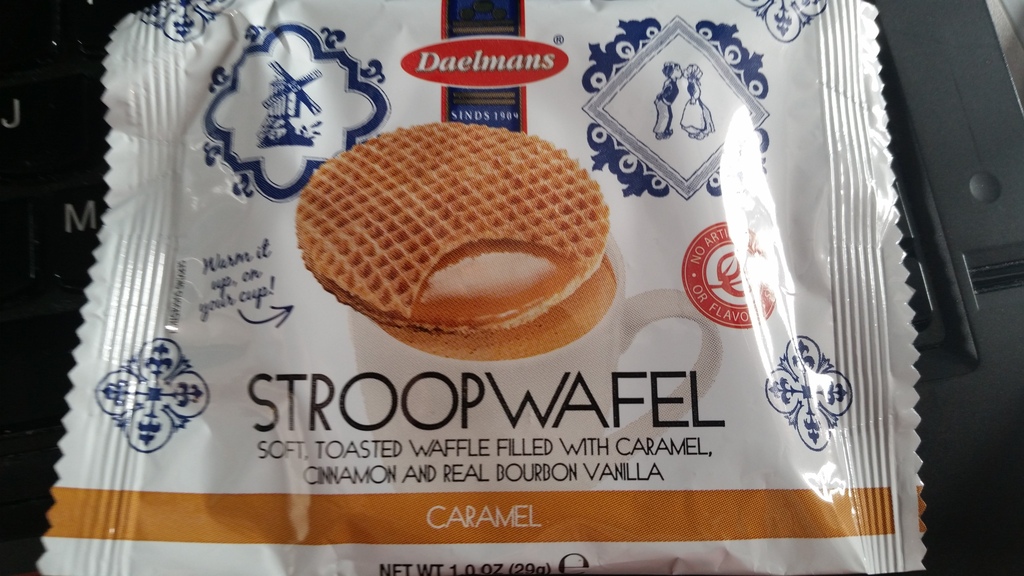
- Prioritized by management. If you want to assess what’s truly important to management, watch how they spend their time. At United, Oscar Munoz spent his time with employees. He traveled around the system, talking to frontline team members. He told stories about great service he encountered. He wasn’t a great airline executive but he was a good people executive. He convinced employees that they had a bright future, he should that they mattered to him, and that they were all in it together. Top executives need to hit the road to sell the importance and connection of front line team members to the success of the airline.
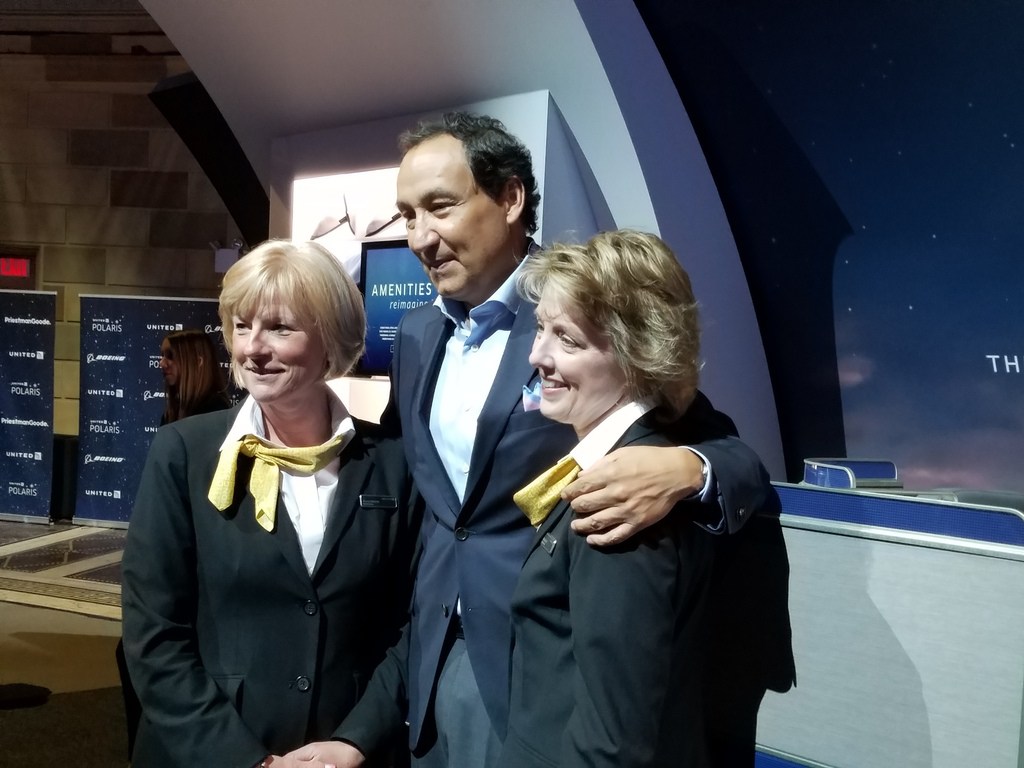
In 2014 American’s then-CEO Doug Parker said profit sharing is “not the right way to pay 100,000 employees that don’t have that much impact on the daily profits.” They’ve been telling employees for years that their contributions don’t matter it’s going to take real sales and commitment from the top to convince them that each employee matters with every customer, every day.
- Giving the tools to do the job. If American Airlines doesn’t provide tools and product to do a great job, they’re communicating that it isn’t important to do a great job. Begin by improving onboard offerings, and ensuring that flights are properly catered. Stop telling flight attendants not to care whether they’ve received proper catering. You want them to care!
- And rewarding customer satisfaction. When American was negotiating its flight attendant contract, I flagged that it was a real opportunity to pay cabin crew more and tie some of that pay to service metrics. That was only one element of getting great service, but it was a unique window of opportunity for the financial piece of the equation. They have a contract in place now, so any investment they make here will have to be incremental. But make no mistake they need to make the investment.
American Airlines should announce a compensation program to bonus employees for customer satisfaction scores. They should reinstate real rewards for ‘aaplause’ certificates that elite frequent flyers can give to employees. The old You’re SomeOne Special or “SOS” program gave positive space travel.
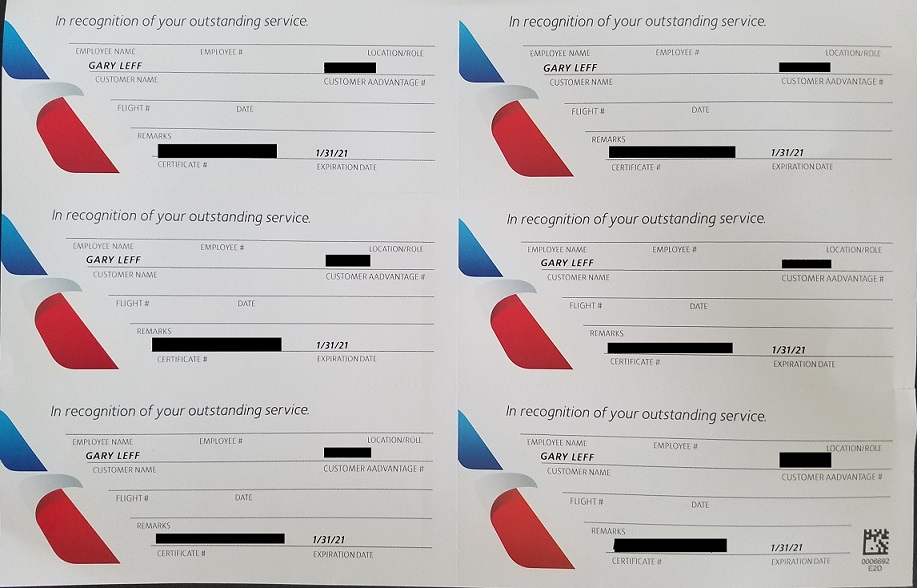
Years ago, Doug Parker used to talk about ‘taking care of employees so employees would take care of customers’ and that this was how they would earn a revenue premium. Customers would prefer flying American. The problem is that taking care of employees largely meant getting HR to show them how to use their benefits, not provide them with the tools to provide great service. And the airline lacked a mission, eventually settling on ‘caring for people on life’s journey’ which sounded like the tagline for an assisted living facility.
They never came up with a mission for employees to rally behind, communicated what’s at stake, and enlisted front line crew to fight beside management for the future of the company. Instead, they told employees the goal was to “passionately pursue efficiencies.” Not providing service can be more efficient! You see the problem that exists today?
